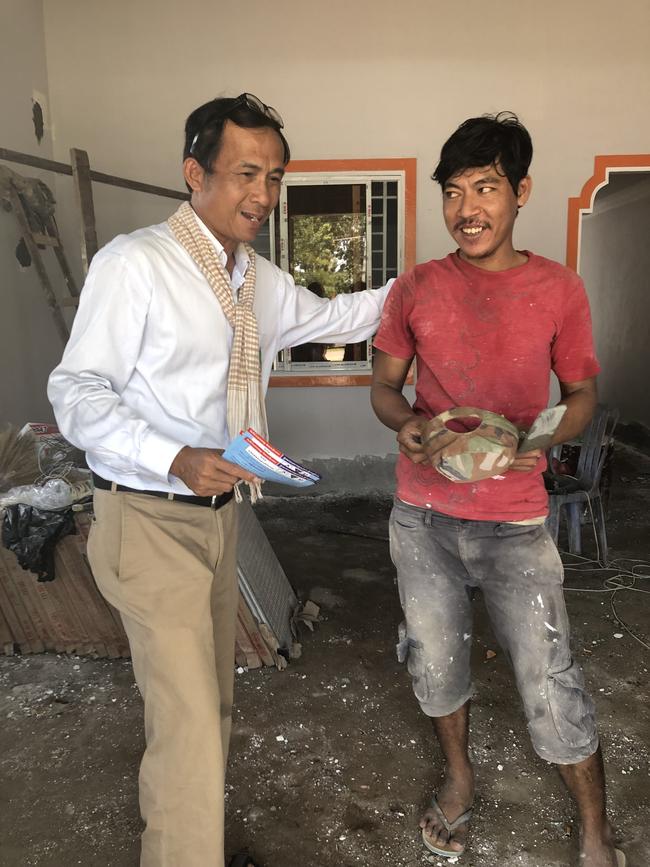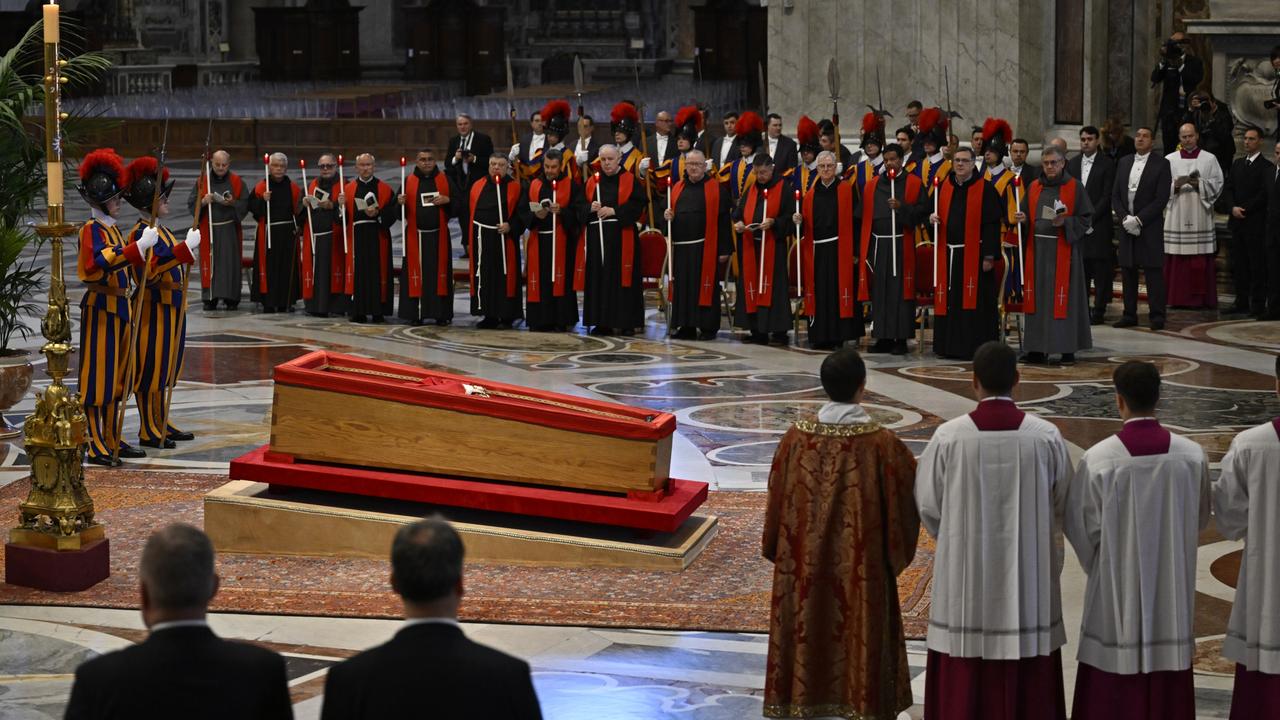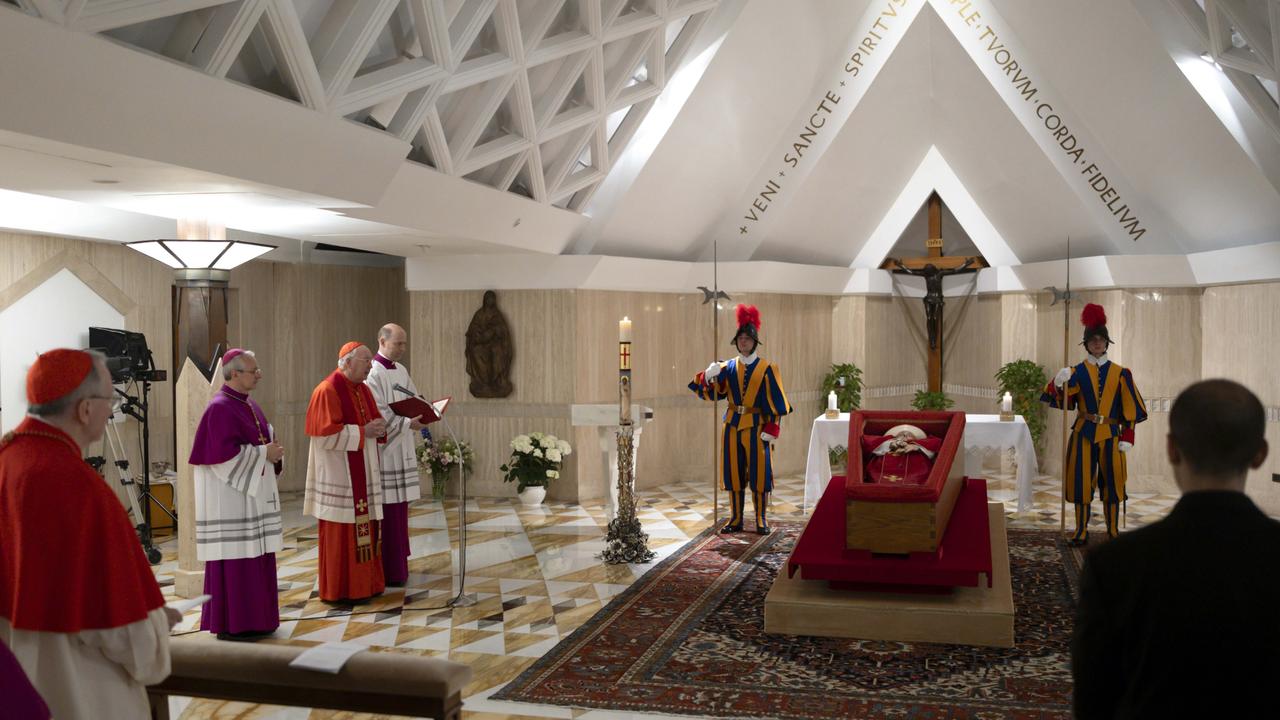Hun Sen flashes ‘iron fist’ ahead of sewn-up election
Cambodia’s Prime Minister Hun Sen hails the success of efforts to “eliminate traitors” at a mass rally ahead of an election tomorrow.

With the air of a man facing a clear run to electoral victory tomorrow, Cambodian Prime Minister Hun Sen addressed the elephant in the room yesterday when he told tens of thousands of supporters at a Phnom Penh rally that he had to “eliminate” the country’s main opposition party to prevent potential war.
“Recently we took legal action to eliminate traitors who attempted to topple the government,” he said of the court ruling that disbanded the Cambodia National Rescue Party last November — until then the greatest threat to the strongman’s 33-year rule. “If we didn’t eliminate them with an iron fist, maybe now Cambodia would be in a situation of war.”
Twenty-seven years after the Paris peace accords ended decades of conflict in Cambodia and committed the country to free and fair elections, critics of the Hun Sen’s Cambodian People’s Party government say it has all but abandoned that undertaking.
Not only has it disbanded the only party capable of defeating it, jailed its president Kem Sokha and banned 118 of its officials from politics, it has doggedly pursued its critics including rights groups and independent media outlets.
CNRP leaders in exile have repeatedly condemned the elections as a “sham” and have pushed for an estimated three million Cambodian supporters to boycott the polls through a “clean finger” campaign, named for the indelible ink used to stain voters’ fingers, even as Hun Sen warned yesterday that all “traitors who try to destroy our democracy” will regret it.
The US and EU have pulled assistance after challenging the election’s credibility.
But not all opposition forces are heeding the boycott. Yang Saing Koma has been campaigning hard across the country since July 7 as the prime ministerial candidate for the Grassroots Democratic Party, one of 20 parties contesting tomorrow’s elections but among the only ones widely agreed to be legitimate.

Mr Koma says he established the GDP in 2015 with friend Kem Ley, a political commentator and activist who was assassinated at a Phnom Penh petrol station the following year, to broaden the foundations of Cambodia’s nascent and “confrontational” democracy. Ley’s wife and five children fled to Australia.
In recent days CNRP leaders have accused Mr Koma of legitimising Hun Sen by contesting the polls. His party is fielding candidates in all 125 parliamentary seats, on a campaign budget of less than $US300,000 ($406,000) — all while fighting twin battles against the formidable ruling CPP and an angry CNRP. The unprepossessing agricultural scientist sees little choice but to compete.
“This is the best of the worst options. It is true that (the CNRP dissolution) was not fair but what is the alternative?” he told The Weekend Australian. “You have to be active to influence the future of this country. Democracy doesn’t depend on (exiled CNRP leader) Sam Rainsy alone.
“I have nothing against him but their approach — waiting for the international community to pressure the government into allowing the CNRP to contest elections — is 90 per cent impossible,” he said, referring to the CNRP push for economic sanctions to force Hun Sen to the negotiating table.
“Why are you waiting for someone to rescue you? The CPP and CNRP claim to be democrats but at the end of the day they’re like aristocrats; they just want people to follow them blindly.”
Millions of Cambodians who did not support the CPP deserved a political voice, and needed to understand that improvements such as schools, roads and hospitals were not gifts from a benevolent patron but the right of all citizens, he said.
Cambodia has enjoyed successive years of 7 per cent average annual economic growth and millions have been pulled over the poverty line. Yet Mr Koma says recent GDP surveys suggest many Cambodians want a change and that support is streaming in from former CNRP and CPP supporters and officials.
He expects to win at least 42 seats — enough to deny the CPP a two-thirds parliamentary majority — though a late endorsement from CNRP opposition leaders could bring a “tsunami of votes”.
Most analysts, however, say the GDP will be lucky to win a single seat. “I’m always joking the GDP is full of nice guys that are always going to finish last,” says analyst Ou Virak.
“Being a nice guy is never going to cut it in Cambodian politics.”
Mr Ou Virak says Hun Sen has cracked down on dissent in Cambodia “because he can” since China overtook Western nations as Cambodia’s biggest patron. Yet he still prizes the legitimacy of an election victory, which is why he has worked so hard this campaign to ensure a high voter turnout.
“The real referendum this time will be (how many people join) the election boycott, not how many vote for the opposition,” he said.
Independent Cambodian monitors — such as the Committee for Free and Fair Elections which has monitored every election since 1998 — have largely opted out of this election, though some have trained volunteers to monitor voter intimidation during the campaign and election day turnout.
COMFREL’S Korn Savang said more than 70 per cent of the 300 volunteers his organisation had trained had reported cases of intimidation — including alleged threats from local authorities to dock the wages, or cut off the electricity of those who don’t come out to vote.
“The voter intimidation this election campaign is the most serious we have seen,” he said. “It’s not violence but the spreading of threatening messages.”
On Thursday, five former CNRP officials pictured in a Facebook post holding up clean index fingers, indicating their intention to boycott the elections, were fined $US2500 each for “incitement”.
CPP spokesman Sok Eysan dismissed claims of intimidation and said there would be no repercussions for Cambodians who chose not to vote because that was “against democratic principles”.
But, he added, so too was inciting Cambodians not to vote, an act he likened to encouraging others to commit murder.
Notwithstanding official assurances, many Cambodians planning to observe the election boycott are said to be concerned about repercussions. Some have even temporarily left the country.
Former CNRP deputy chairman Mao Monnyvan, among the 118 banned from politics for five years, said he had received threatening messages on WhatsApp and by phone in recent days and was taking his entire family to visit his daughter on the Gold Coast ahead of the polls.
“The international community has spent billions of dollars helping Cambodia since the 1990s,” he said. “But our democracy is dead already.”




To join the conversation, please log in. Don't have an account? Register
Join the conversation, you are commenting as Logout